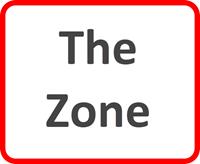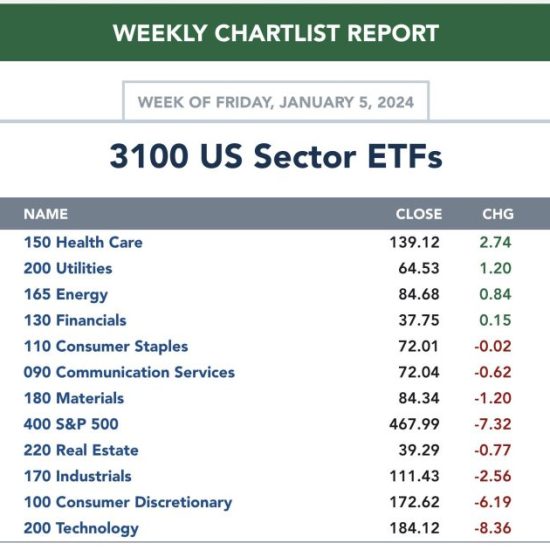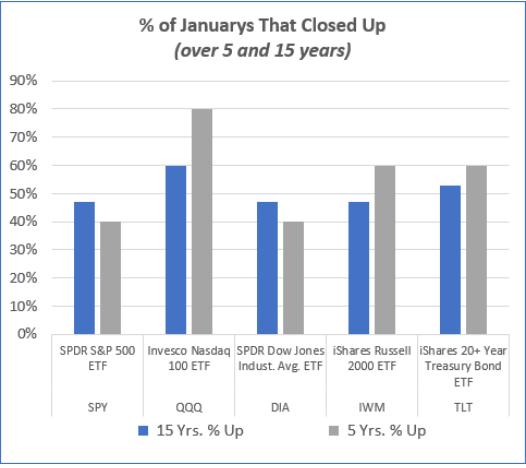Analyzing Economic Indicators: Is a Recession on the Horizon? In the world of finance and economics, the possibility of a recession is always a topic of concern. As the global economy continues to navigate through uncertain times, experts and analysts closely monitor various economic indicators to gauge the health of the financial system. With recent fluctuations in the stock market and the ongoing impact of the COVID-19 pandemic, the question arises: Is a recession on the horizon? One crucial aspect to consider when assessing the likelihood of a recession is the performance of the stock market. Stock prices are often seen as a reflection of investor sentiment and overall economic health. In recent months, we have witnessed significant volatility in the stock market, with sharp declines followed by rapid recoveries. While this volatility can be attributed to a multitude of factors, it does raise concerns about the stability of the economy. Another key indicator to analyze is the unemployment rate. High levels of unemployment can be a sign of an economic downturn, as businesses struggle to maintain their operations and individuals face job losses. The COVID-19 pandemic has undoubtedly had a profound impact on employment, with many businesses forced to close their doors and lay off workers. Although governments have implemented stimulus packages and support measures, the long-term effects of these job losses remain uncertain. Consumer spending is yet another crucial factor to consider. Consumer spending drives economic growth, and a decline in spending can indicate a weakening economy. With the pandemic causing widespread uncertainty and job losses, many individuals have become more cautious with their spending habits. This shift in consumer behavior has had a significant impact on various industries, such as retail and hospitality, further raising concerns about a potential recession. Additionally, the housing market plays a vital role in the overall economic landscape. A decline in housing prices or a slowdown in the real estate sector can be indicative of an impending recession. While the housing market has shown resilience in recent years, the pandemic has introduced new challenges. With many individuals facing financial hardships, the demand for housing has decreased, leading to potential price declines and a slowdown in construction activity. It is important to note that economic indicators alone cannot predict the future with absolute certainty. The global economy is influenced by numerous factors, including geopolitical events, technological advancements, and natural disasters. However, by closely monitoring these indicators, economists and policymakers can gain valuable insights into the current state of the economy and make informed decisions to mitigate potential risks. As we navigate through these uncertain times, it is crucial for individuals, businesses, and governments to remain vigilant and proactive. Implementing effective fiscal and monetary policies, supporting job creation, and fostering consumer confidence are essential steps to mitigate the impact of a potential recession. While the question of whether a recession is on the horizon remains unanswered, it is clear that the global economy is facing significant challenges. By analyzing economic indicators and taking appropriate measures, we can strive to safeguard our financial systems and work towards a more stable and prosperous future.





